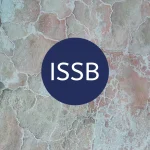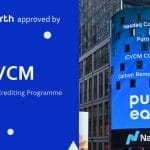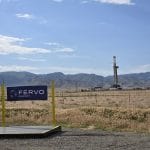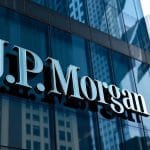World Bank Commits $82 Million to Republic of Congo to Address Climate Change and Build More Resilient Economy
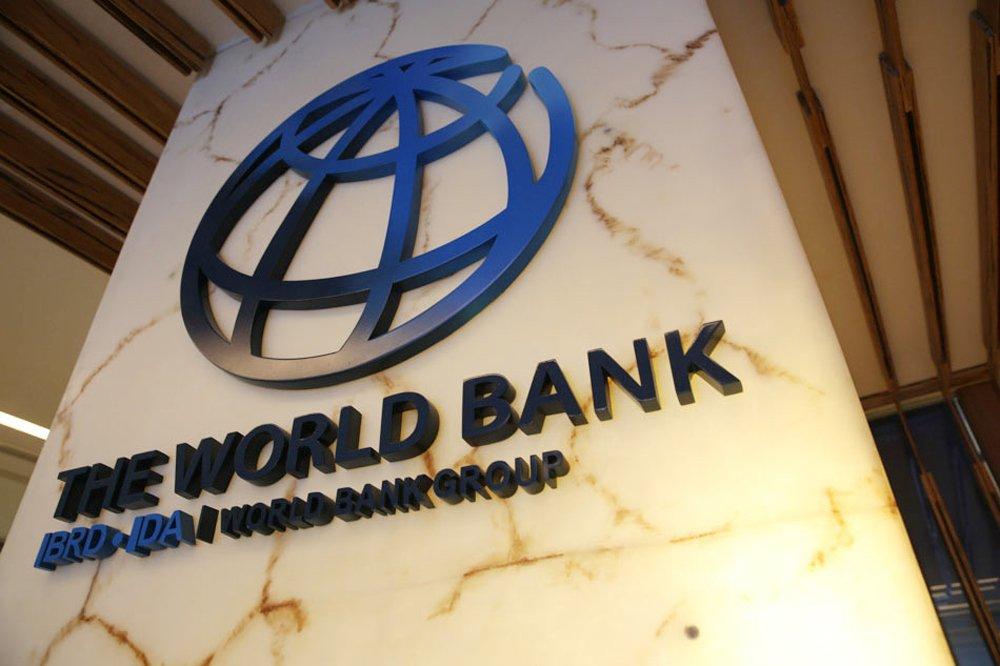
The World Bank approved $82 million to support the Climate-Resilient and Inclusive Livelihoods Project (ProClimat Congo) in the Republic of Congo. The total amount includes a $70 million loan from the International Bank for Reconstruction and Development (IBRD)* and a $12million grant from the Global Partnership for Sustainable and Resilient Landscapes (PROGREEN).
ProClimat Congo intends to strengthen landscape management and improve livelihoods in targeted communities in the Republic of Congo. The project adopts a landscape approach that will foster sustainable use of natural resources and conservation, while managing climate risks, particularly flooding and droughts. It will focus on empowering communities to create and improve resilient livelihoods by promoting sustainable and resilient agricultural production and value chains.
“Climatic change is projected to have a heavy impact on Congo’s agriculture and ecosystems, with negative consequences for its people already materializing,” says Korotoumou Ouattara, Resident Representative of the World Bank in the Republic of Congo. “Reconciling resilient agriculture with sustainable natural capital management is essential in order to take full advantage of the opportunities that Congo’s rich natural resources can provide to the economy and people.”
See related article: World Bank Group Launches New Partnership Framework with Egypt to Support Green, Resilient, and Inclusive Development
The project is expected to reach about 562,000 beneficiaries, including women, ex-combatants, indigenous people, youth, and people with disabilities in three distinct landscape areas in the North, Center, and South regions.
The three landscape areas selected include protected areas at risk of agricultural encroachment and poaching and districts that suffer from high levels of fragility and exclusion, notably in the Pool and Lékoumou Departments.
Specifically, the project will bring 25,000 hectares under sustainable and resilient agriculture practices and 1.2 million hectares under sustainable landscape management practices. Over 23,000 people are expected to benefit from livelihood activities in agriculture, community forestry, non-timber forest products, and ecotourism.
*The International Bank for Reconstruction and Development (IBRD) is a global development cooperative owned by 189 member countries. As the largest development bank in the world, it supports the World Bank Group’s mission by providing loans, guarantees, risk management products, and advisory services to middle-income and creditworthy low-income countries, as well as by coordinating responses to regional and global challenges. Created in 1944 to help Europe rebuild after World War II, IBRD joins with IDA, our fund for the poorest countries, to form the World Bank. They work closely with all institutions of the World Bank Group and the public and private sectors in developing countries to reduce poverty and build shared prosperity.

